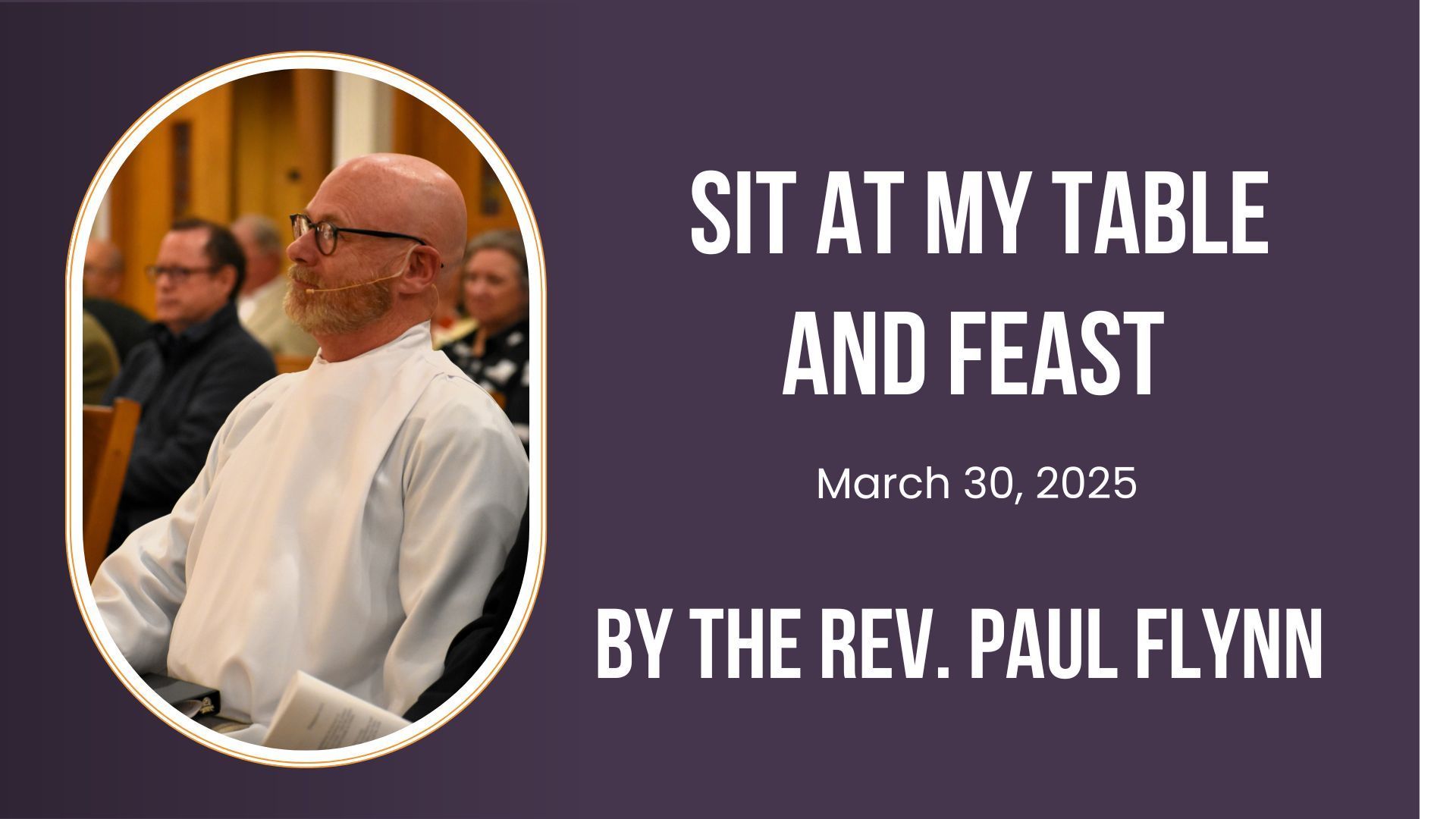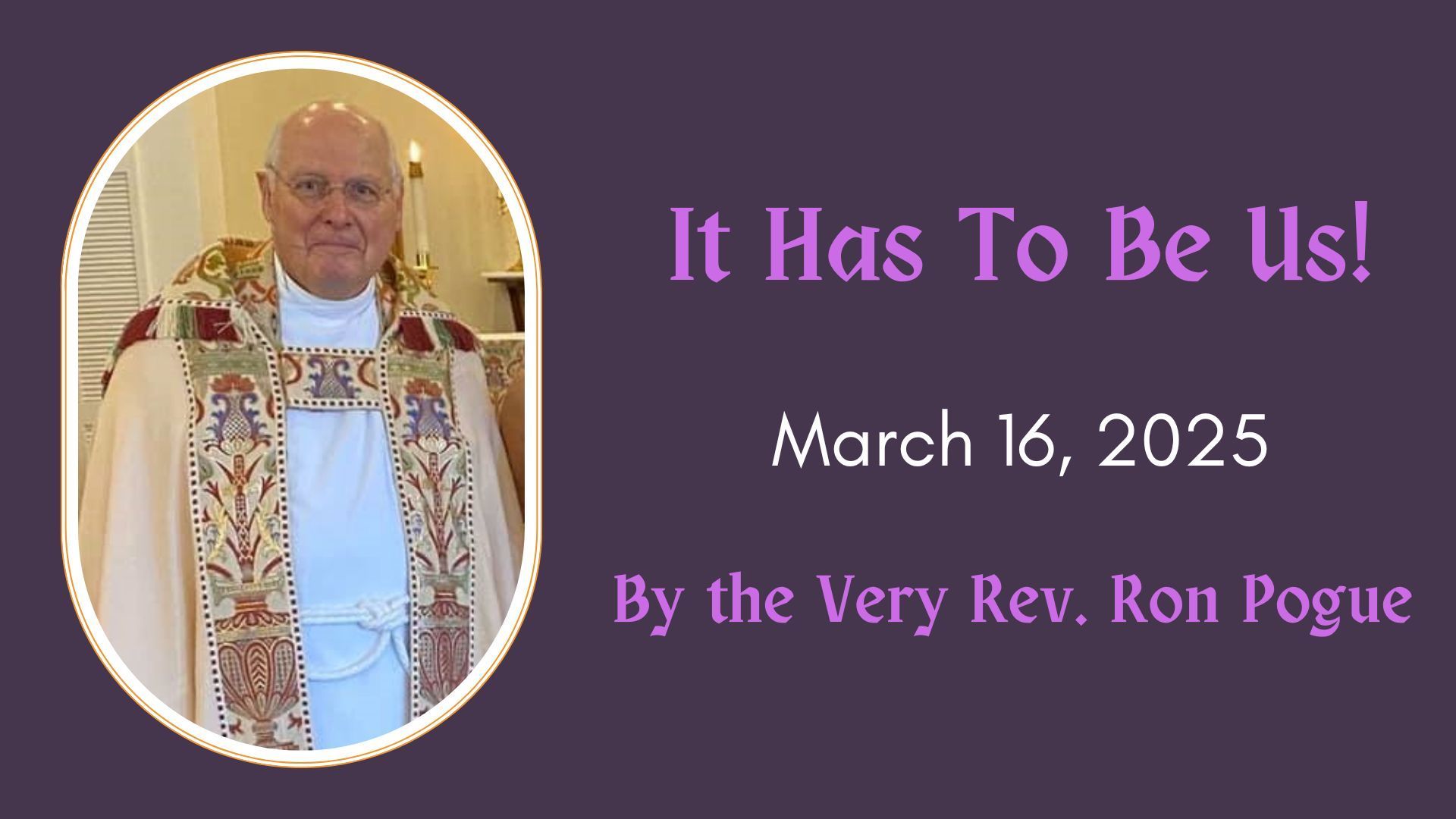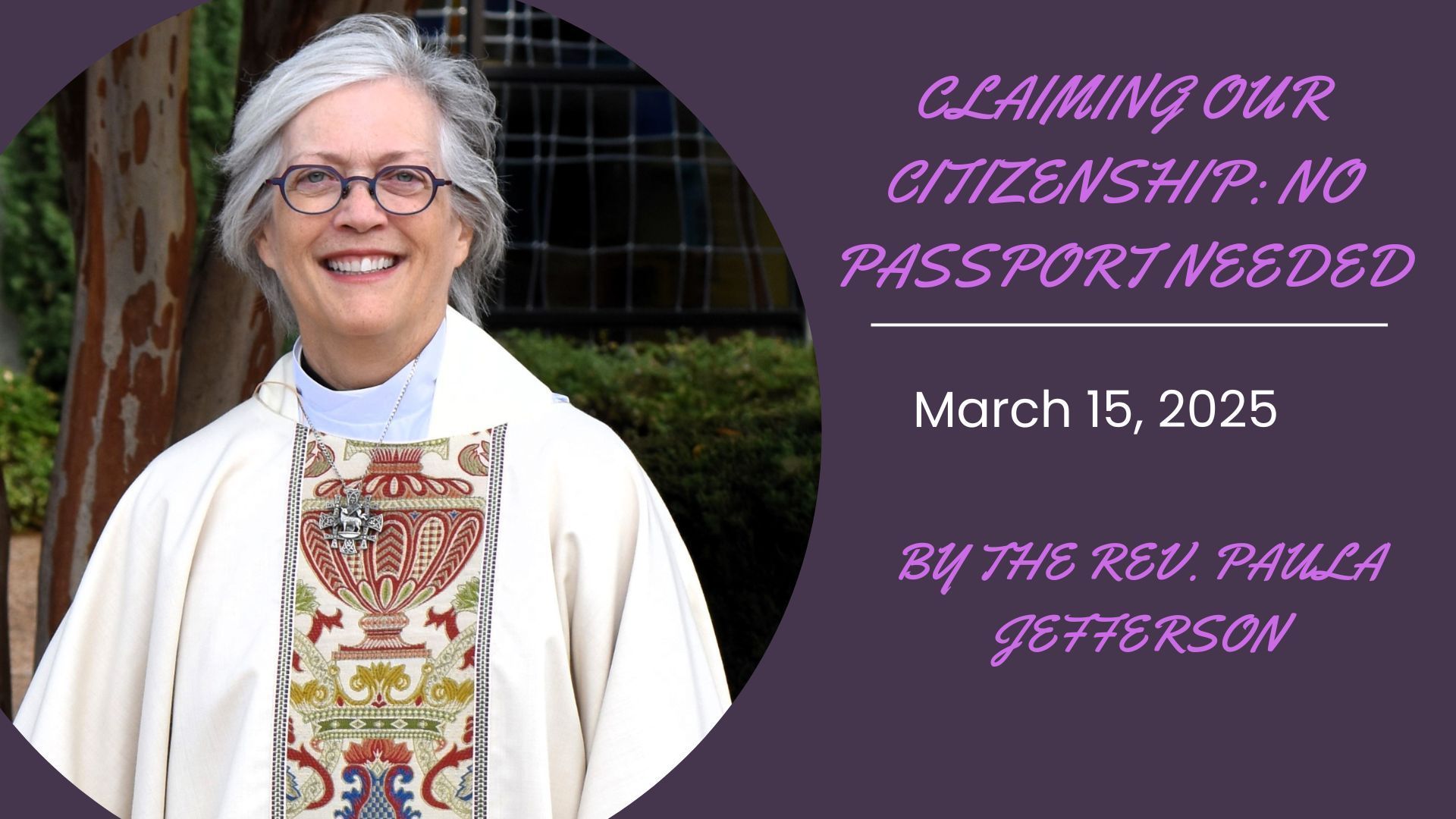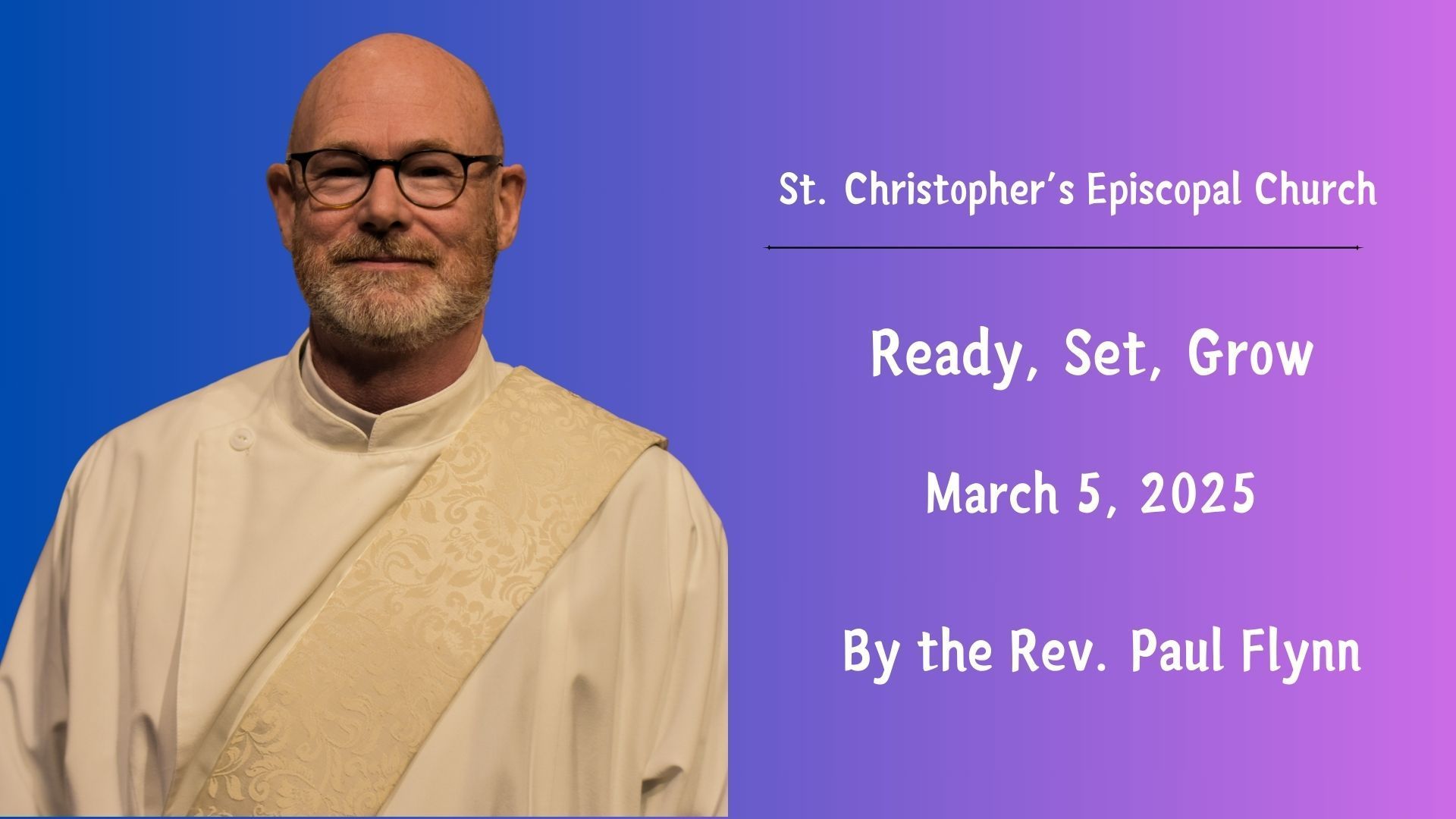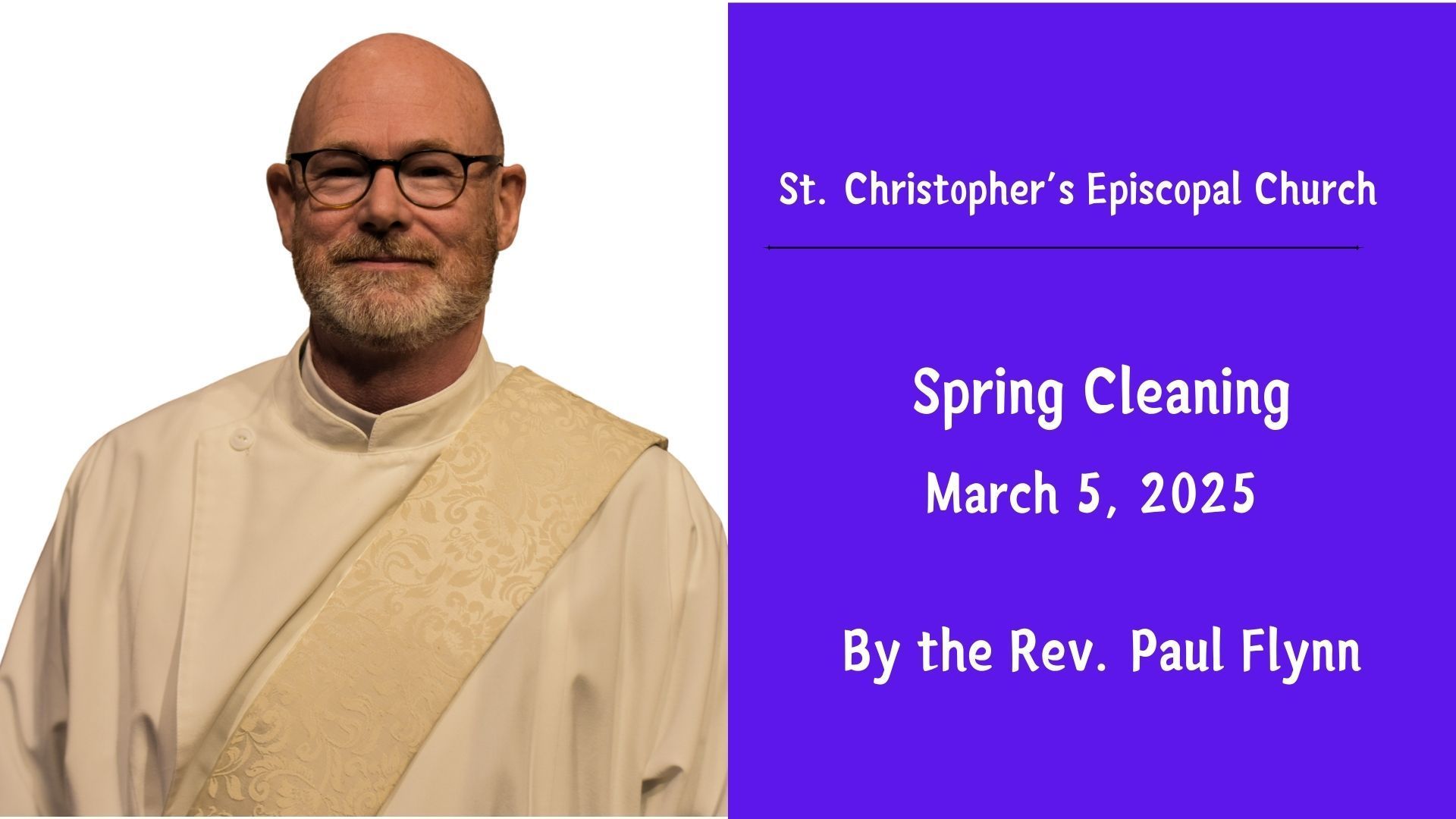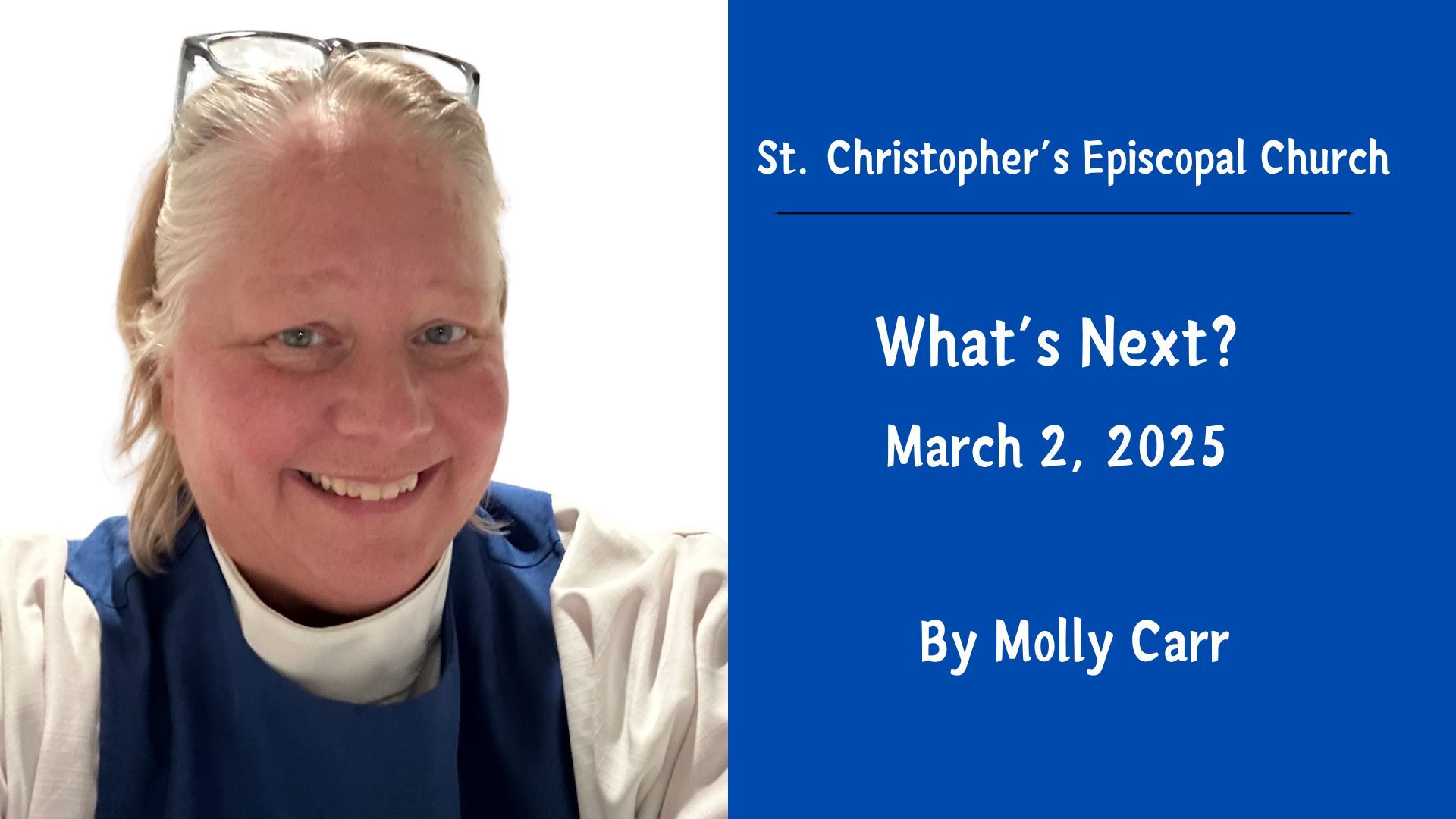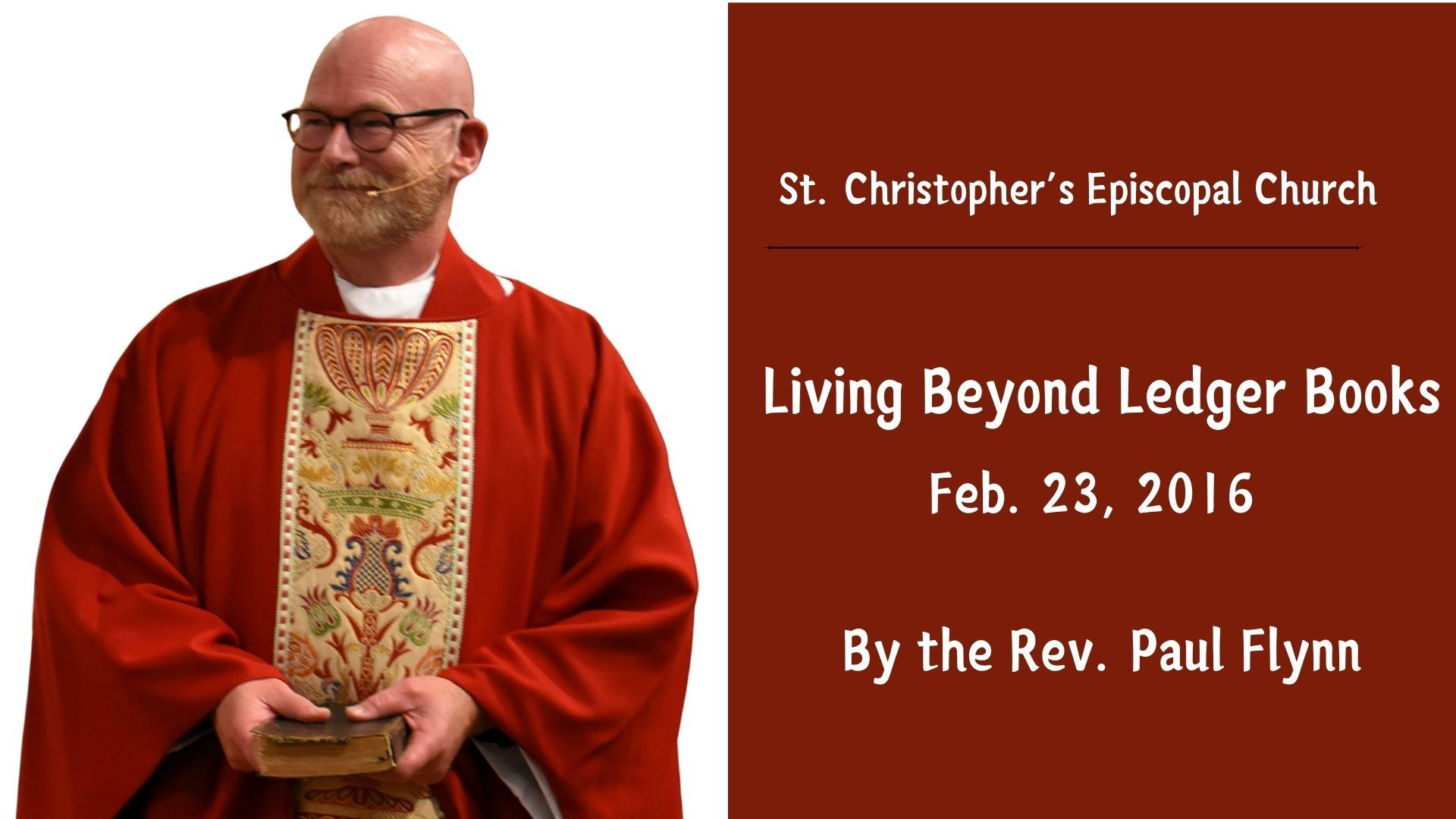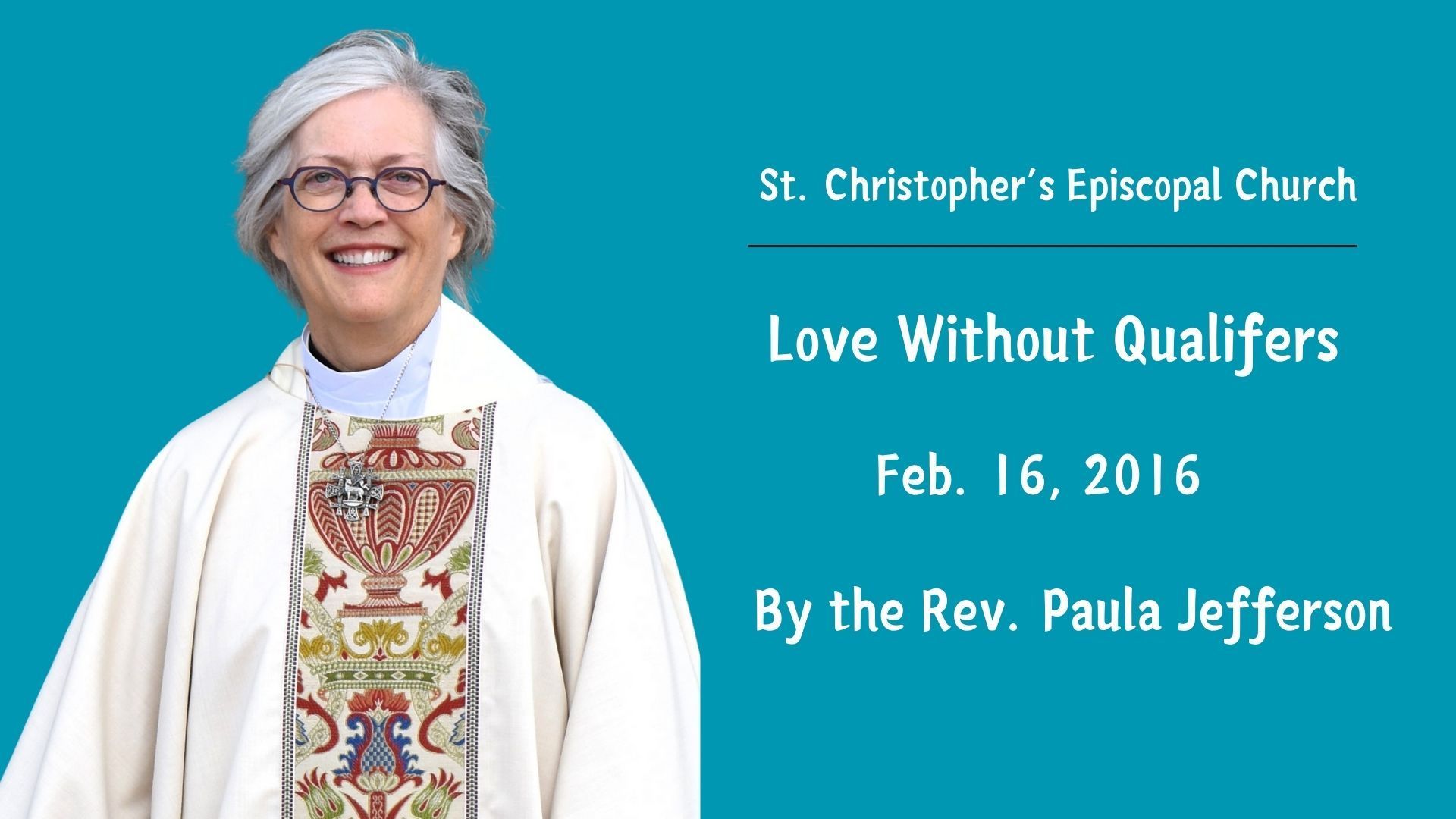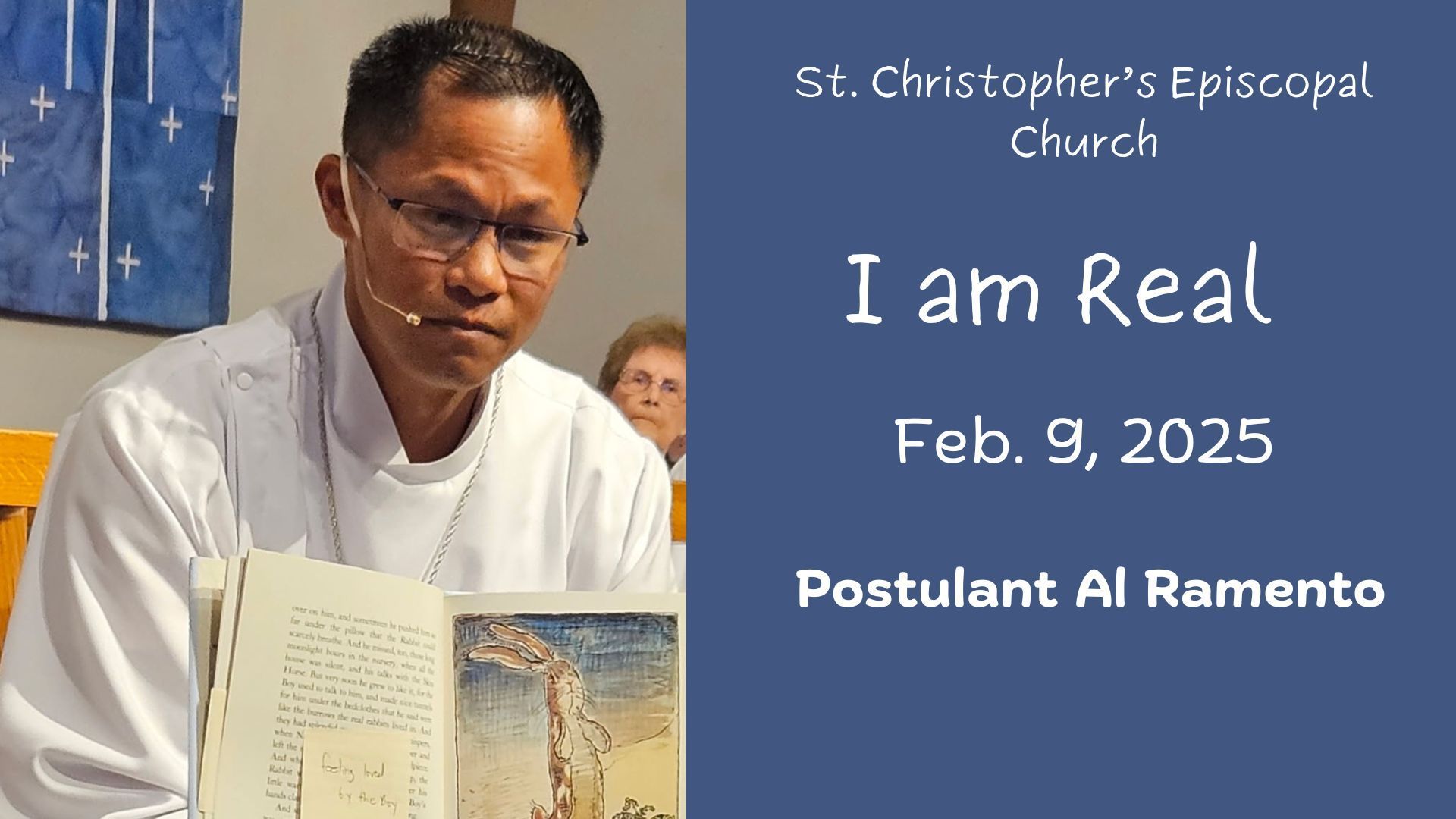In north central Pennsylvania, dandelions were the bane of people who really cared about having picture-perfect yards. Dandelions develop a beautiful yellow flower and then the flower gives way to a feathery packet of seeds. As a little person -- and maybe even as an adult --I loved to pluck dandelions in the seed phase and blow them into the air.
The people with beautiful yards were not fans of the weeds or the seeds being blown in their direction on windy days.
Dandelions, it seems, are sort of the rabbits of the weed world.
World of the text:
Chapter 13 of Matthew’s Gospel is rather long. Last Sunday, today, and next Sunday we hear excerpts from that one chapter. All of the chapter recalls Jesus’ parables about the mystery of God’s kingdom.
What is Jesus saying?
In today’s text, Jesus tells the crowd a parable: “The kingdom of heaven may be compared to someone who sowed good seed in his field, but while everyone was sleeping, an enemy came and sowed weeds among the good seed…” and the story continues.
When he finished the story, he left crowd and went into the house. The disciples followed him into the house with a burning question…’Hey, what does this story mean?’
Like many of you, I’ve heard this parable so many times that it I can tell story without reading it. We’ve heard this parable all our lives. But the disciples had never heard anything like it. They had no context through which to understand the parable. One day they’re walking through fields of wheat, and the next day Jesus uses wheat fields to describe God’s economy --the mystery of God’s way of being -- and God’s way of reconciling Heaven and Creation.
Until that moment in time, no one had ever said the things Jesus said. How could the disciples “get it”?
Amy-Jill Levine, professor of New Testament at Vanderbilt Divinity says, “Jesus told parables because they serve as keys that can unlock the mysteries we face by helping us ask the right questions: how to live in community; how to determine what ultimately matters; how to live the life that God wants us to live. [Parables] are [she says] Jesus’ was of teaching, and they are remembered to this day not simply because they are in the Christion canon, but because they continue to provoke, challenge, and inspire.”[1]
In the parable, the land owner tells the workers not to gather the weeds because in doing so they would also uproot the wheat…the good stuff. We are not equipped to see what is good and what is not good in God’s eyes. Our vision—our ability to truly see—is limited. The parable says that God alone has the ability to do this work. And in the end, God will.
In my Pennsylvania backyard, some days grandma would gather the green leaves of all the dandelions. She used them in salads. Sometimes she’d sauté the greens and serve them as a side dish. It was a bit weird as a child to see weeds served at the dinner table. And I was more than a little concerned that my dog was using the backyard as a toilet. Yuck. But, grandma went past all my concerns. She knew that dandelions are very nutritious.
My British family refer to dandelions as “volunteer flowers”. When they mow grass, they are careful to preserve dandelions and any other volunteer flowers.
Some people look into a yard and see only the weeds…the stuff that isn’t uniform blades of green grass.
Some people see dandelions and are mesmerized by their beautiful yellow flower.
And others, like Grandma, see dinner.
What you see--and what I see--may be different. Our human vision is shaped by human culture.
And, of course, one lesson of the parable is that only God recognizes the full potential of the dandelion…His own creation. Only God knows what is good seed and what is not.
Amy-Jill Levine says any parable provokes us to wonder: “How should we live in community? What really matters? What is the life God is calling you to live?”.
As I thought about her questions, I began to wonder….what if we…the followers of the Way…are like dandelions sprinkled in communities of sameness….where people are expected to look alike, speak the same language, carry the same passport, desire the same worldly success?
What if the blades of grass are in fact the weeds? And what if the dandelions, the disciples of Christ, are carriers of Hope, Love, and Joy.
Living in community as Christians, our vocation is not to stand on a soap box and shout to the world that my way is better than your way. Our vocation is to be Christ -- to be visible points of Light, to be agents of Hope. We are called to action, that our way of living in this world will bear witness to Christ.
God invites us into partnership in our time and our place. We are not called to blend in with those who work for injustice or inequity. Like the dandelion, we should stand out in this world. And with the joy of a child, blow our seeds of divine love into our community.
[1] Amy-Jill Levine; Short Stories by Jesus: the enigmatic parables of a controversial rabbi; p297
St. Christopher's Episcopal Church
5709 Wedgwood Dr., Fort Worth, TX 76133
St. Christopher's is part of The Diocese of Texas, a diocese of The Episcopal Church.
© 2023 St. Christopher's Episcopal Church
SERVICE TIMES
CONTACT US
Mailing Address:
P.O. Box 34971
Fort Worth, TX 76162
817-926-8277
Email: office@stchrisfw.org



